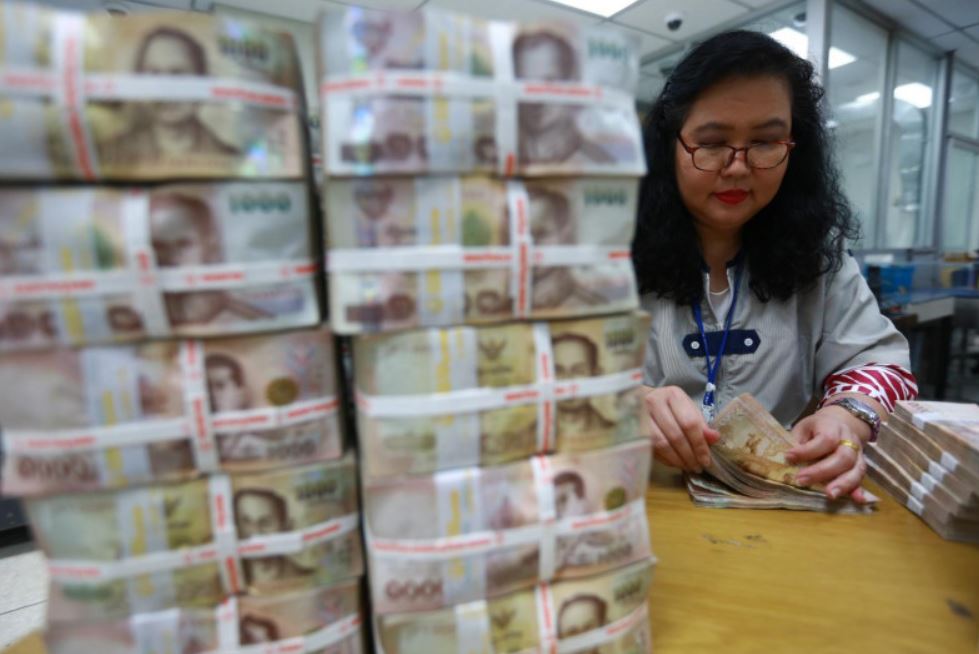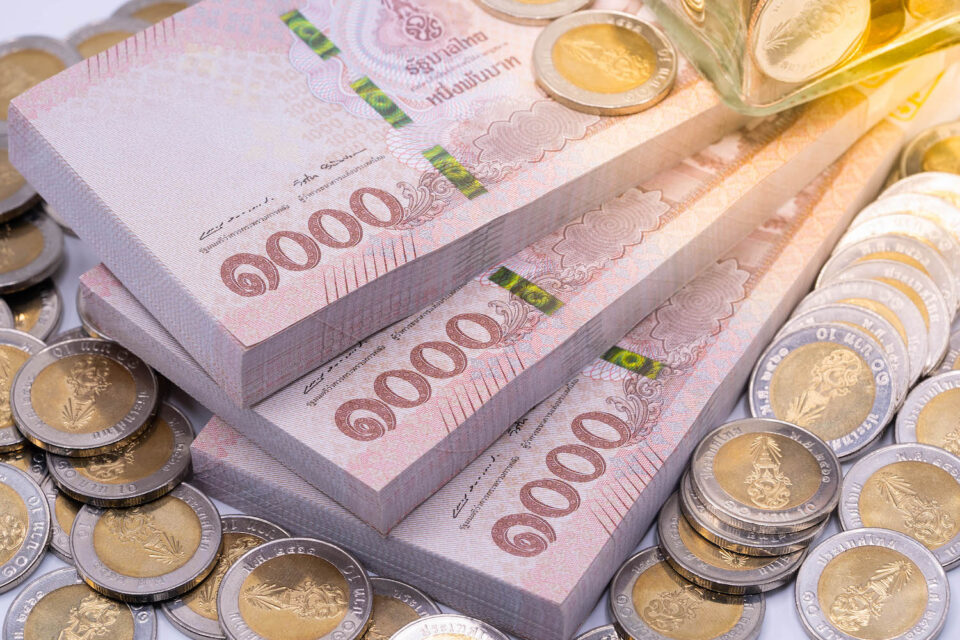On Wednesday, FTI Vice Chairman Suchart Chantaranakaracha issued a caution alongside the publication of the January Industrial Sentiment Index data.
He said that the baht had reached its lowest point against the US dollar in October 2022, when it was 38.80 baht to the dollar, before gradually strengthening in January to 32 to 33 baht to the dollar in the absence of any notable drivers of growth.

He claimed that throughout the previous four months, there had been no signs of Thailand’s economy improving.
He emphasized that since China has just just opened its border, tourism has not yet fully recovered. While the country’s inflation rate is still high and electricity prices are rising, the US Federal Reserve is continuing to raise interest rates.

Notwithstanding moderate growth projections for the nation, Suchart said the baht’s consistent advance versus the dollar is cause for concern since it might mean that foreign capital is entering the nation to bet on the Thai currency.
In order to maintain competitiveness, he suggested maintaining the value of the baht at about 34 baht, a level favorable for both importers and exporters.
Despite the fact that Thai manufacturers’ confidence in the country’s economy has risen to its highest level in 43 months, at 93.9 points, the appreciation of the baht remains a big concern for them over the next three months in both the import and export sectors.
According to the study, Thailand’s industrial sector may be negatively impacted by geopolitical unrest, a downturn in the United States and Europe, the potential for an interest rate increase, and fluctuating oil prices.
Nonetheless, Thailand’s tourism industry would experience a rapid expansion along with a rise in the demand for domestic goods following the country’s lifting of all Covid restrictions and the return of Chinese visitors.
In order to increase Thailand’s competitiveness by bringing down expenses, notably electricity rates, the poll advised the government to adopt a constructive attitude.
In the meantime, the FTI stated that it is in favor of the government’s efforts to create bilateral free trade agreements with potential markets like the Middle East and Europe.





